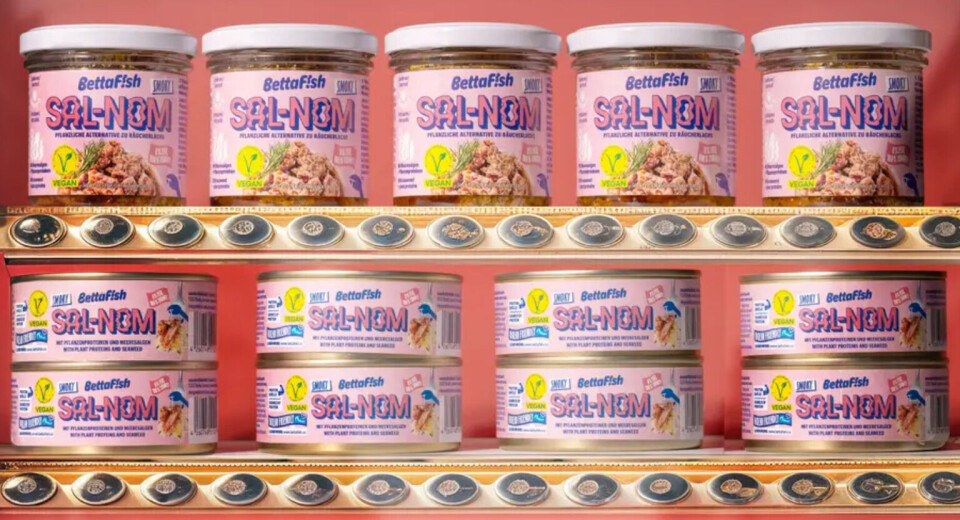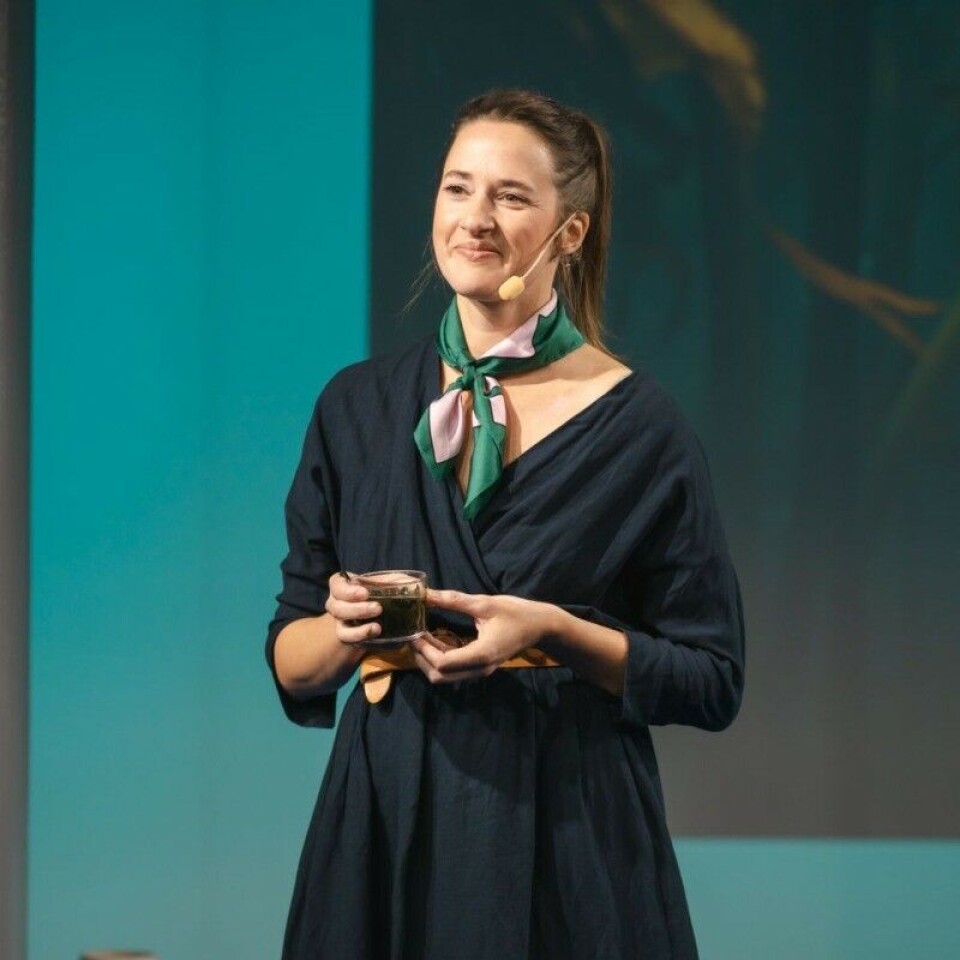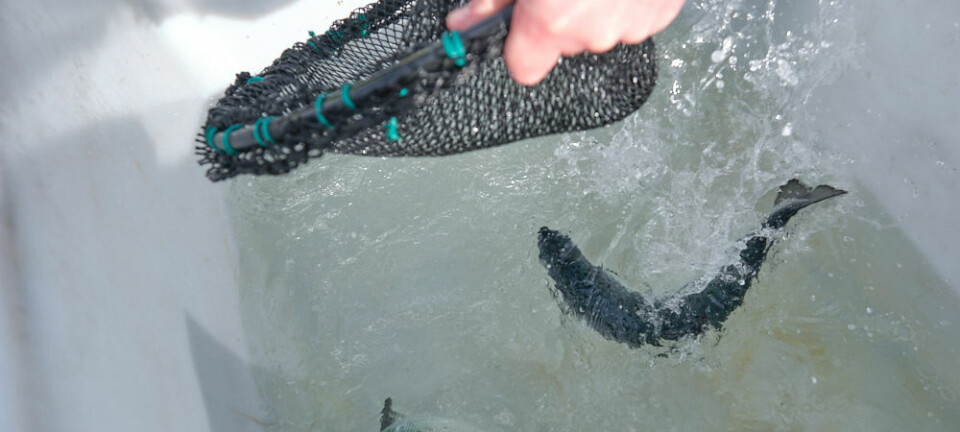
'Salmon' from aquaculture (but without the fish)
EU-backed startup launches alternative product made with farmed seaweed
A German company that makes a plant-based alternative to tuna has launched a hot smoked salmon alternative made from farmed seaweed and European fava beans and peas.
BettaFish sources its brown macroalgae from seaweed farms off the Irish and Norwegian coasts.
EIT Food, which is supported by the European Union’s European Institute of Innovation and Technology (EIT), recently awarded the company a €5,000 prize for Best Alternative Protein-based Solution in its accolades for the best marketed innovations from startups that have participated in EIT Food programmes.
BettaFish managing director and co-founder Deniz Ficicioglu was also awarded EIT Food’s €5,000 Women in Innovation prize.
A new ocean economy
“These accolades fuel our mission to build a new ocean economy - one that eases the burden on overused land-based agriculture and preserves precious resources for future generations,” said Ficicioglu in a post on EIT Food’s website.

“The ocean feeds billions, produces half of our oxygen, and holds the key to a truly sustainable future - yet it receives just 1% of climate investments. This must change. With EIT Food’s incredible network amplifying our message and the financial support these awards provide, we’re empowered to create the awareness that our oceans so urgently deserve.
“By transforming seaweed into zero-input, nutrient-rich food solutions and collaborating with traditional industries like fishing and food production, we’re not just raising awareness of our oceans - we’re building a regenerative food system that nourishes both people and the planet.”
BettaFish explains on its website that its priority is conserving the oceans, which is aims to help achieve by building a new industry of impact-enhanced foods based on seaweed.
'Just like the original'
“Our fish alternatives taste and look just like the original, but are 100% plant-based,” writes BettaFish, which brands its newly launched tins and jars of vegan alternative salmon as SAL-NOM. “Seaweed cultivation itself is regenerative and a sustainable alternative to fishing. This means you can continue to enjoy your favourite ‘seafood’ guilt-free.”
The company says its seaweed farmers in Norway used to fish for salmon. “Now, they put more seaweed in the ocean, rather than taking fish out of it. And that’s a good thing for biodiversity, fish stocks and for us all, as healthier coastal regions help mitigate climate change.”
Seaweed ingredients
BettaFish is co-funded by the EU as part of EIT Food's Rising Food Stars programme, and as well as producing its own products, it says it is the leading partner for innovative ingredients from European brown algae in the food industry and pet food market.
“We offer a ground-breaking range of ingredients that not only delight the palate but also protect the environment. Our mission is to revolutionise the world of food through the power of seaweed,” says the company.
It points out that seaweeds are rich in fibre, vitamins, minerals like iodine, calcium and iron, and have anti-inflammatory and antioxidative properties, as well as flavour.
“Our ingredients make it possible to incorporate the authentic taste of seafood and fish into your products without having to resort to unnatural additives,” says BettaFish, which sells its products in stores in mainland Europe and on its website.























































